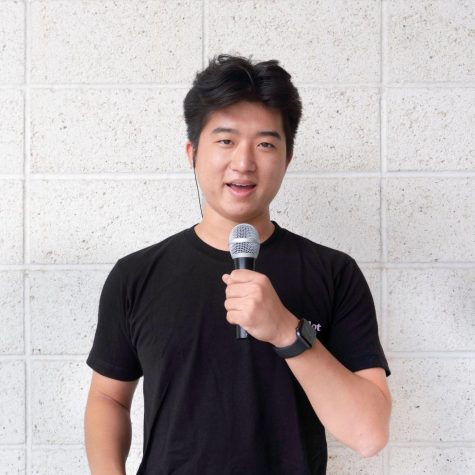Mandatory VAPA Credits Set Students up for Success
November 30, 2020
Visual and performing arts credit has been a cornerstone of Portola High’s graduation requirements since the school’s founding in 2016. Although students whose passions lie elsewhere may balk at the notion of a mandatory VAPA course, this year-long commitment has proven fruitful to the greater student body regardless of their artistic background.
Students can choose from an array of courses – from orchestra to ceramics to studio art – and they have considerable flexibility in when they may take their courses. To graduate, students must complete two semesters’ worth of VAPA courses.
Portola’s mandatory VAPA requirements may also spur students to apply to schools in the University of California system. After all, UC schools require a year’s worth of VAPA credits to be eligible for admission, which fulfills the “F” requirement of their A-G subject admission requirements.
Apart from fulfilling requirements for university admission, students who enroll in VAPA courses also demonstrate greater academic achievement than their less artistically engaged peers, according to a report drawing conclusions from four longitudinal studies.
“This is my first year doing VAPA and I’m taking tech theater,” sophomore Colin Huang said. “It’s actually kind of interesting learning all the different aspects of how art is implemented in tech theater.”
These credit requirements not only bolster participation rates in performance groups like orchestras, bands and dance teams, but more importantly, large ensembles lend themselves to being greater than the sum of their parts, regardless of their level of experience.
“Everyone in [Dance 1] was kind of new to dance, so we were able to help each other learn,” junior Chloe Tjangnaka said.
A robust arts education has benefits that extend beyond the classroom. A 2014 study published in the Journal of Civil Society found that an arts education included promising outcomes like increased civic engagement and social tolerance. In addition, orchestra and band director Desmond Stevens found that the different expectations in his VAPA classes call for a proactive approach to learning.
“There’s definitely a level at which you have to do the preparation,” Stevens said. “You can’t just cram as some students are able to do with a history test or English test… You can’t cram notes; you can’t cram technique and just regurgitate it the next night.”
As future employers sorely need greater creativity, communication and critical thinking in an evolving workplace, it is essential to consider the role of VAPA courses as a means of fostering such skills while deepening an appreciation for the arts. Employers may not be assigning weekly instrumental recordings in twenty years, but students’ creative investments in high school now may set the groundwork for the innovative solutions of tomorrow.




